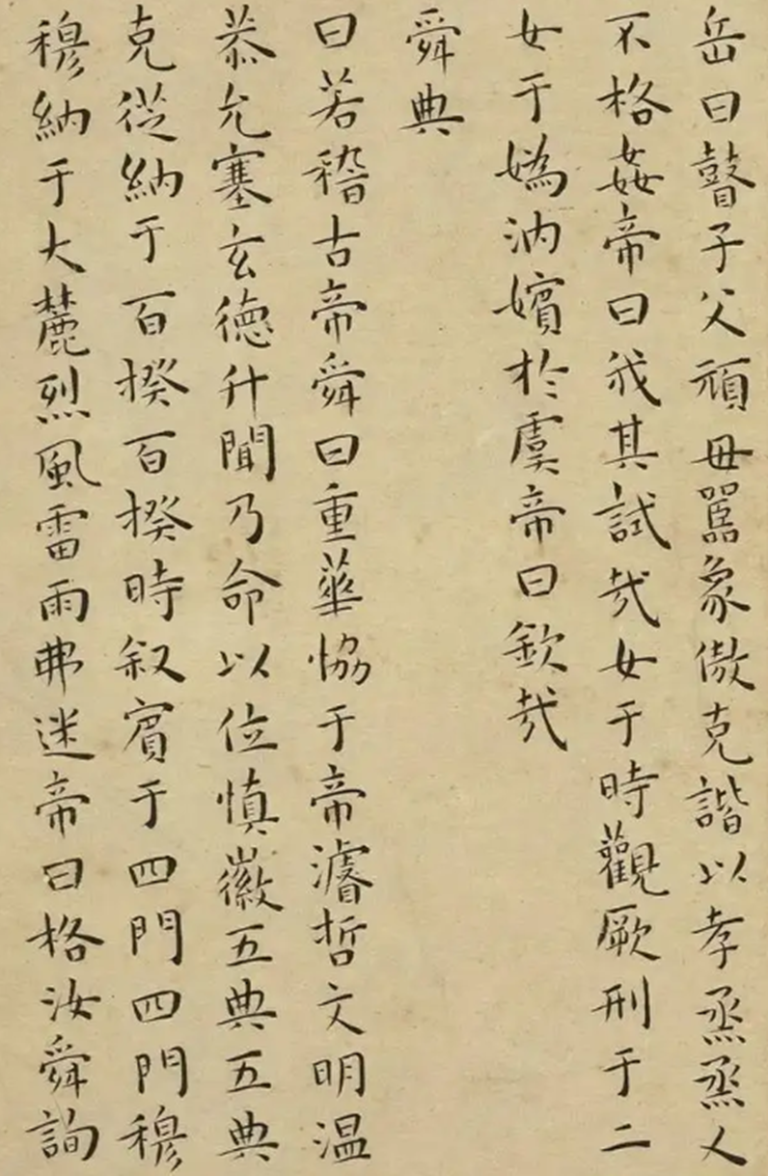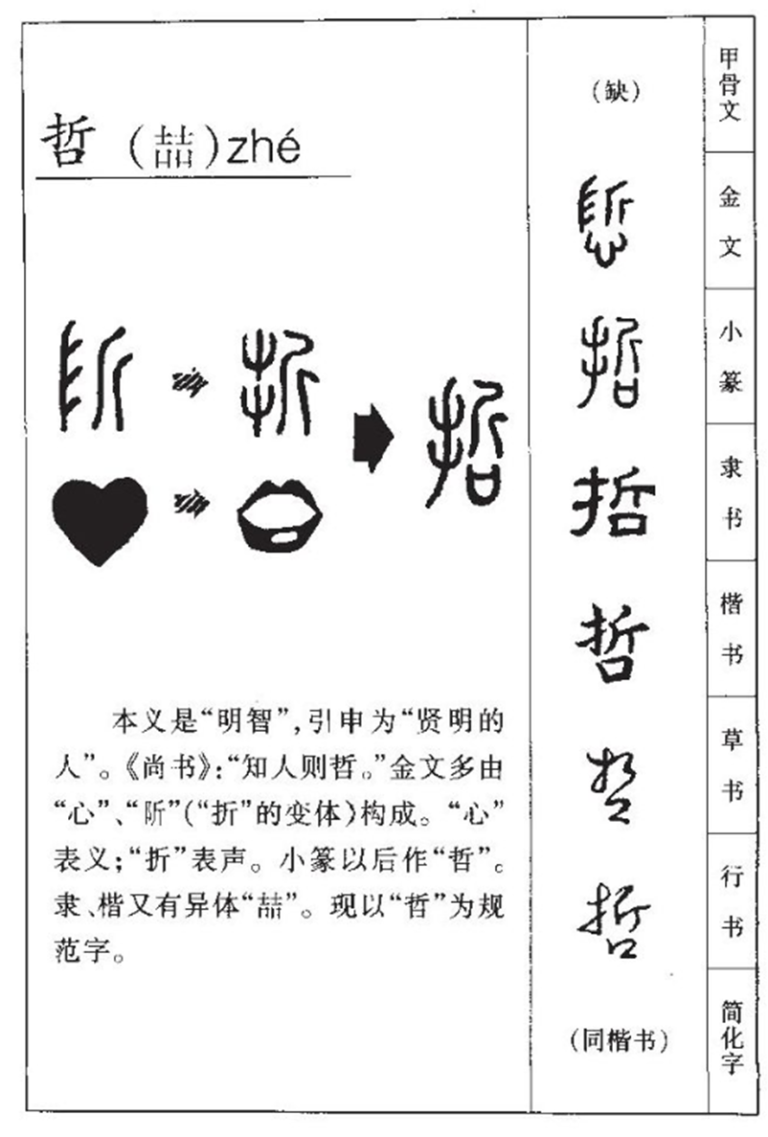Our Brand Origin

Chinese Name – 浚哲 (Junzhe)
The Chinese name "浚哲" (Junzhe) is derived from the Shangshu (Classic of History), one of the Si Shu Wu Jing (四书五经 – Four Books and Five Classics), a collection of ancient Chinese Confucian classics. Compiled and edited by Confucius (c. 551–479 B.C.) and his disciples, these texts were essential readings for the intellectual elite of ancient China. The ideas they promoted shaped the philosophy of governance and exerted a profound influence on the development of Chinese society and culture. Today, they remain an important reference for understanding traditional Chinese thought and heritage.
English Name - Thornhill Legal


Our English name, Thornhill, evokes a symbolic landscape where challenges (thorns) and opportunities (hills) intertwine. This duality resonates with the Chinese phrase "危机" (crisis-opportunity), highlighting the interplay of risk and potential in every complex situation.
By adopting "Thornhill Legal," we embrace a philosophy of resilience, adaptability, and growth, embodying our commitment to helping clients and our professional peers overcome difficulties and uncover opportunities. Together with the cultural depth of "浚哲" (Junzhe), our dual names represent a harmonious blend of Eastern and Western perspectives.

The Shangshu is a collection of documentary records chronicling key events in China's ancient history. Among its accounts is the legendary tale of the abdications of emperors Yao (尧) and Shun (舜), a historical narrative known as "尧舜禅让". This story highlights a model of virtue-based leadership, where Emperor Yao voluntarily ceded power to Shun after recognising his extraordinary wisdom and moral integrity.
Within this text, the phrase "浚哲文明, 温恭允塞" describes Shun's exceptional qualities—his profound wisdom, cultured demeanour, humility, and dedication to fostering harmony. "Junzhe" thus symbolises the pursuit of wisdom, integrity, and knowledge, encapsulating timeless virtues cherished in Chinese culture.
In modern history, as Western learning flowed eastward, the term "philosophy" was introduced into Chinese through an adaptation of its Greek roots (philo-, meaning "love," and sophy, meaning "wisdom"). Drawing inspiration from the Shangshu, the character "哲" (zhe), signifying wisdom, was selected to articulate the concept of "philosophy" in Chinese.
The legacy of "Junzhe" extends into the 20th century, when Chaoyang University, one of the two foremost legal institutions of Republican China, adopted the motto "浚哲文明." In an era of turmoil and enlightenment, this motto embodied the early Chinese legal community's reverence for wisdom and moral reasoning. The Chaoyang spirit continues to inspire generations of legal professionals to this day.
Standard Terms of Business | Legal Notice | Privacy Policy | Terms & Conditions | Our Compliants Policy | Cookies Policy
© Copyright Thornhill Legal Ltd. All rights reserved.
We need your consent to load the translations
We use a third-party service to translate the website content that may collect data about your activity. Please review the details in the privacy policy and accept the service to view the translations.
